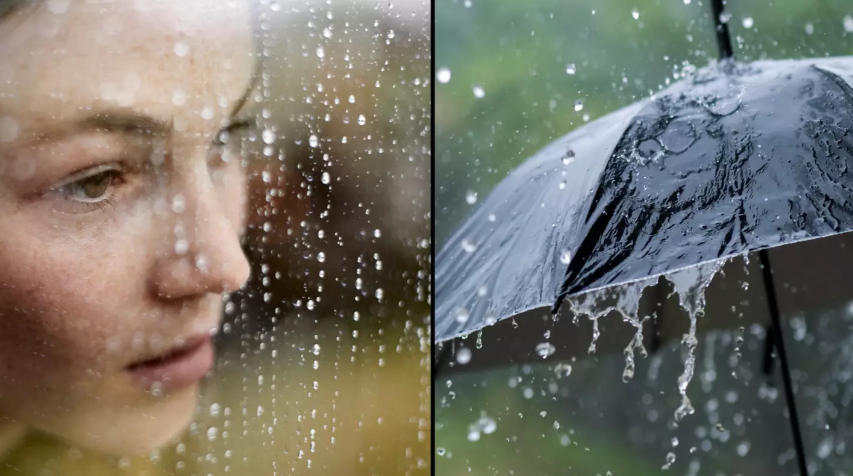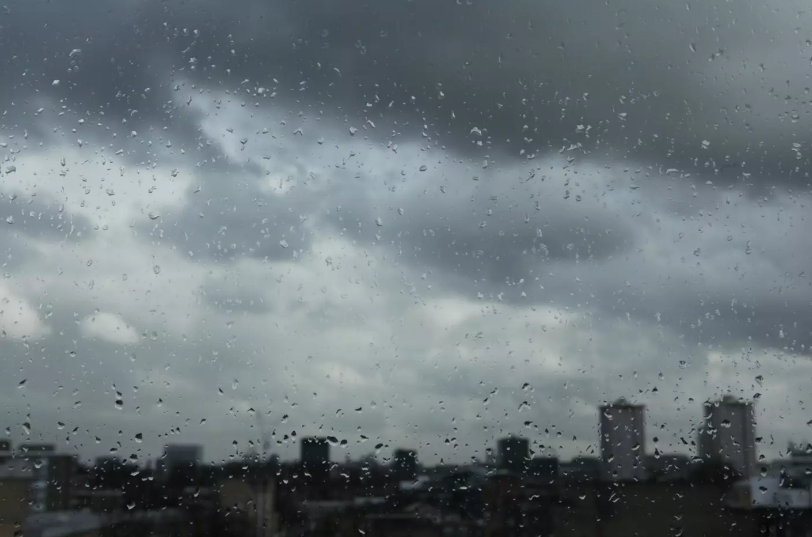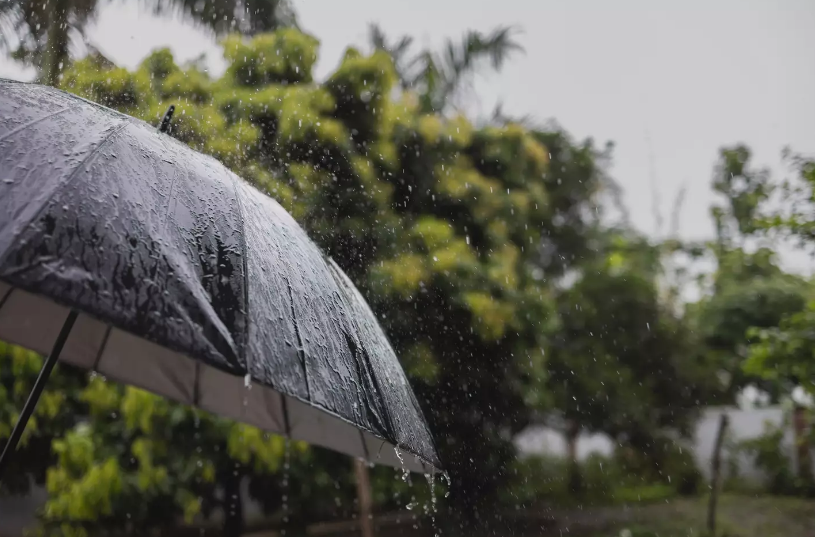Scientists say some people have the ability to smell when rain is coming
As summer edges closer, we still have a few cloudy and rainy months ahead of us. Last year's July and August were quite gloomy, but hopefully, we'll get some of the heat wave that swept Europe and the US.
While weather forecasts are helpful, they're not foolproof. It often feels like a guessing game. Is there a more reliable way to predict incoming rain?
We've all experienced that fresh scent in the air after a good rain, especially following sunny days—a luxury we missed out on last year.
But there's another intriguing way some people claim to sense bad weather before it arrives, sparking debates on social media.
While some swear they can smell rain in advance, others dismiss it as a tall tale, leading to heated arguments.
However, skeptics often dismiss the notion of smelling rain beforehand as a myth. Can science shed light on this?
Surprisingly, there is evidence supporting the idea that some individuals can indeed smell rain before it falls, thanks to a phenomenon called 'petrichor.'
The term 'petrichor' originates from Greek, combining 'petros,' meaning stone (think petrify), and 'ichor,' the mythical substance flowing in the veins of Greek gods.
This unique scent is produced by soil bacteria releasing a chemical called 'geosmin.'
Our ability to detect geosmin is remarkable, even surpassing the sensory capabilities of sharks in detecting blood.
The petrichor scent becomes most noticeable after rainfall. When raindrops hit the ground and flatten, they trap air pockets, which then release as tiny aerosols, carrying various chemicals and microorganisms into the air.
Additionally, another source of smell is the chemical 'ozone,' with a sweeter scent compared to petrichor. Ozone's fragrance can hint at an impending storm, as winds from the approaching storm push ozone gas to ground level, where we're more likely to smell it.
Isn't it fascinating how nature reveals its secrets?
%20(5).png)










